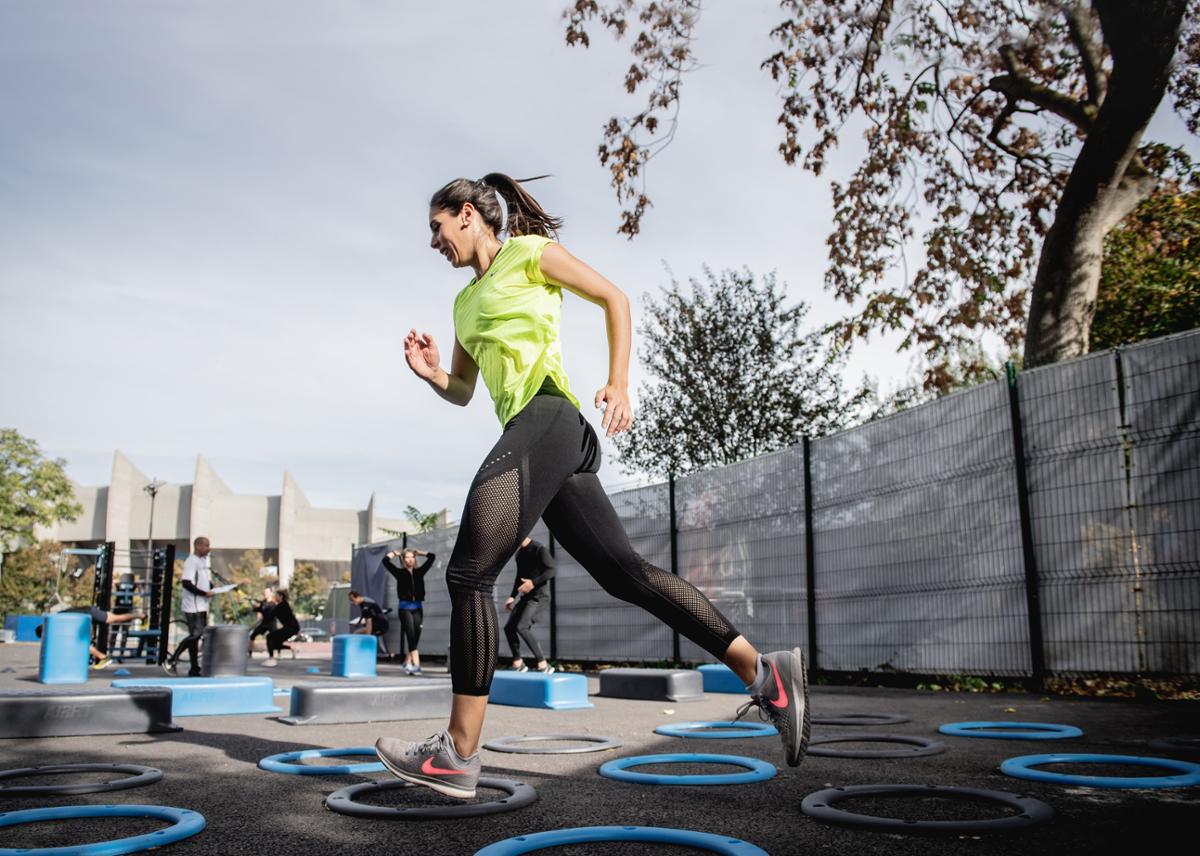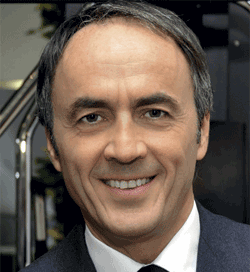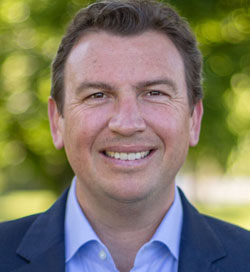When you think about today’s youngest workers, you could be forgiven for jumping to stereotypes about entitled young people rejecting the idea of hard work. After all, members of the so-called “Snowflake” generation – which encompasses anyone who became an adult after the 2010s – have been routinely criticised in the media for their lack of resilience, unwarranted entitlement and willingness to abandon traditional jobs.
However, a new report from corporate wellbeing platform Gympass has found that despite Gen Z’s reputation for shirking hard work, they’re actually happier and more engaged than many of their older workmates.
The State of Work-Life Wellness ‘22 report is based on a survey of 9,000 employees across nine countries, including the US, UK and Brazil, and uncovers insights regarding how employees feel about workplace happiness, burnout, productivity and employee engagement. The report outlines findings, as well as trend predictions for 2023 and offers recommendations for business leaders to integrate into their work policies.
Key findings
The report found that in the UK, 75 per cent of Gen Z workers are happy at work, compared to just 60 per cent of the over-50s. What’s more, Gen Z are three times more likely to rank wellbeing at work as important when compared to the older workforce.
The early fitness industry grew parallel with the coming of age of Baby Boomers and Gen X (those born from the mid-1960s to 1980) and the model was designed to meet their needs as a result, but today, with millennials and Gen Z making up a huge chunk of many health club memberships, it’s important operators continue to evolve to keep pace with the growing expectations of today’s youngest consumers. When done right, it presents an opportunity for operators to get a larger slice of the corporate market.
Data from the State of Work-Life Wellness ‘22 report showed Gen Zers have their own perspectives on careers and how to define success, both in life and work. Wellbeing is cited as a top priority for Gen Z employees, with 83 per cent saying it’s on a par with salary. This is a major shift in mindset and one to which both companies and wellness operators should pay attention.
According to the research, people of this generation are 20 per cent more likely to engage with employee benefits packages than older colleagues. They’re also three times more likely to rank wellbeing at work as critically important when compared to colleagues aged 50+.
“The pandemic changed people’s approach to wellbeing but it appears this has been felt most with the youngest workers,” said Gympass’s Luke Bullen. “They’re reassessing their relationship with work in a way older generations never did, prioritising their own wellbeing and taking stock of what they want out of their employment.
“Today, young people are simply not content with jobs they deem unsatisfying or potentially harmful to their health and they’re not shy about sharing these expectations with their employers.”
Marketing messages
It's important to note health and wellness mean something different to this generation. Health isn’t just about regular visits to the GP or going to a class at the gym, for Gen Z, health is holistic and they instinctively integrate health and wellness into their everyday lives.
They’re also happy to leverage technology to support their health, easily adopting things such as connected fitness and wearables.
When it comes to marketing to this generation, operators should take note. Focusing exclusively on fitness gains will fall flat – marketing should focus on overall wellness, including things such as anxiety, stress management and mindfulness.
Gen Z was raised during times of political and economic turmoil, and this has had a knock-on effect on how they view work and health. Data from the report showed that 77 per cent of Gen Z employees would consider quitting if their company didn’t focus on employee wellbeing. This number provides context alongside recent news of trends such as ‘quiet quitting’ and the ‘Great Resignation’.
“On the surface, it may look as though young workers are quitting their jobs when things get tough,” says Bullen. “But our data shows that the reality is actually more nuanced. More young people are ranking health and wellbeing as a number one priority and they want employers who take this seriously. Corporate wellbeing packages need to cater to these changing needs.”
Improved wellbeing in 2022
Encouragingly, the report showed that Gen Z employees cited an improvement in their wellbeing in 2022, unlike employees over 50 years of age. As Gen Z comes of age amidst a global pandemic, this might come as a surprise, but while this generation reports greater instances of stress, they’re also more likely to talk about it, take action and prioritise their own health and wellbeing.
“Hustle culture is on the decline,” says Bullen. “Burnout and grinding to exhaustion is no longer attractive to the next generation of workers. This opens doors for employers to offer a package of health resources and services that actively encourages employees to invest time in their wellbeing. When this is done well, employee loyalty will undoubtedly increase.”
Adapting fitness for Gen Z
Gen Z will soon surpass millennials as the most populous generation, with more than a third of the world’s population among its number. But for many businesses, the habits of this generation remain mystifying.
“Businesses need new employee engagement tactics in light of this changing demographic,” says Bullen, “So it’s important to question the current narrative. Young people are not simply rejecting hard work and indulging in leisure. They’re actually just prioritising their own wellbeing and speaking more publicly about the role of work in their lives.
“There’s an undeniable mind-body connection that makes fitness a critical tool in mental health and overall wellbeing,” he says. “Gen Zers often choose fitness as a way to build mental fortitude, resilience and a healthier mindset. That’s why fitness options and marketing that focus on mental health will often dominate the Gen Z market.
“Gen Z is changing the fitness industry in a very big way”, says Bullen. “While change can be intimidating, it also presents an opportunity for business leaders to capitalise on Gen Z trends, needs and aspirations. People inherently test and optimise until they find what works for them in fitness and employers should look to support their employees in this process.”























































